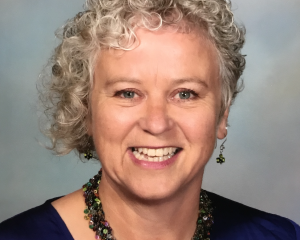
"Its time is coming-we're probably one of the only countries that haven't adopted it.''
Dr Powell is a part-time senior lecturer in specialist teaching of the deaf and hard of hearing at the Canterbury University College of Education, Health and Human Development.
In March, she spent three weeks studying ``co-enrolment'' for the deaf in the United States and Canada, with the support of a $10,000 Winston Churchill Memorial Fellowship.
This month she undertook further study in Australia, at schools in Adelaide and Brisbane.
About 95% of deaf and hard-of-hearing (DHH) pupils are mainstreamed at their local New Zealand school, with or without specialist support.
Many New Zealanders welcomed the right of children with disabilities to attend their local school, but some DHH pupils could become "socially and linguistically isolated'', where they were the only DHH person, she said.
Her overseas experiences had further "cemented'' her view that it was time to start adopting co-enrolment principles in this country.
A pilot programme for DHH pupils in the early years of primary school should also be set up, she said.
"Co-enrolment'' also involved educating groups of DHH students with their hearing peers, but several DHH pupils, and up to a third of the class, participate.
The aim was to achieve sufficient "critical mass'' so that individual DHH pupils did not feel socially isolated and could communicate with both DHH and hearing peers.
In one North American classroom she visited, the pupils were communicating so effectively - including fluent use of sign language by hearing pupils - that she could not tell the DHH and hearing pupils apart.
She knew people in deaf education were "very, very interested'' in her research.
She intended to prepare and present a report to the Winston Churchill Memorial Trust late this year, and to pass on her findings to the Ministry of Education.











